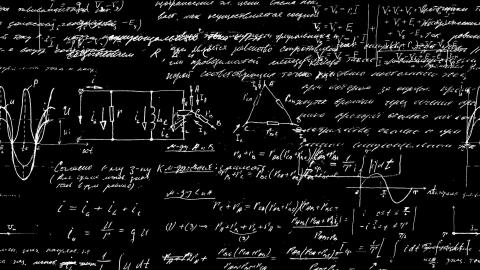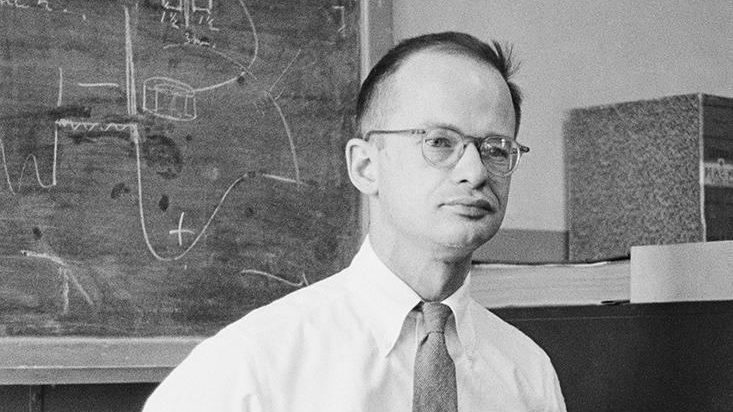How Zero Was Invented

There are some parts of our knowledge base that we generally take for granted. We use them every day, and they have been very successful in allowing us to conduct our lives. The number system that includes zero is one such practice. But zero didn’t always exist. It’s a rather genius idea that humanity had to invent after it already knew how to count.
There are two ways that zeroes work. Zero is a placeholder, signifying the absence of value. Zero is also a number in its own right.
Ancient Sumerian scribes used spaces to mark absences, while Babylonians used a sign of two small wedges to differentiate between magnitudes (like our decimal-based system employs zeroes to make a difference between tenths, hundreds and so on). Mayans also had a similar type of marker in their calendars.
Watch this brief history of zero narrated by the mathematician Dr. Hannah Fry for the Royal Institute.
But in the fifth century, India’s number system was the first to utilize the concept of zero as a number. There is a circle that resembles a zero on the wall of a temple in Gwalior, India which is considered to be the world’s oldest representation of the number. In the 7th century, the Indian mathematician Brahmagupta used small dots to show the zero placeholder, but also recognized it as a number, with a null value that was called “sunya”.
India’s math spread to China and the Middle East cultures, where it was instrumental and developed further. The mathematician Mohammed ibn-Musa al-Khowarizmi utilized zero in algebraic equations and eventually, by about 9th century, zero became part of the Arabic number system looking like the oval we write today. In Europe, however, Romans opposed zero due to the preference given to their own system based on Roman numerals. Zero was embraced gradually by Europeans, most famously championed by the Italian mathematician Fibonacci.
As math evolved, zero formed the cornerstone of calculus. Now it lies in the foundation of modern computing’s binary system of zeros and ones.
Of course, as much as zero has been useful, it carries within itself certain philosophical quandaries. While other numbers can be utilized to refer to existing objects, what object or anything in existence can zero point to? If “nothing” is part of our number system, then does the system itself come into question as a constructed, but not necessarily empirically-derived practice? While other numbers allow for division, you can’t divide by zero. Comedian Steven Wright famously quipped: “Black holes are where God divided by zero.” So can you really have something out of nothing?





